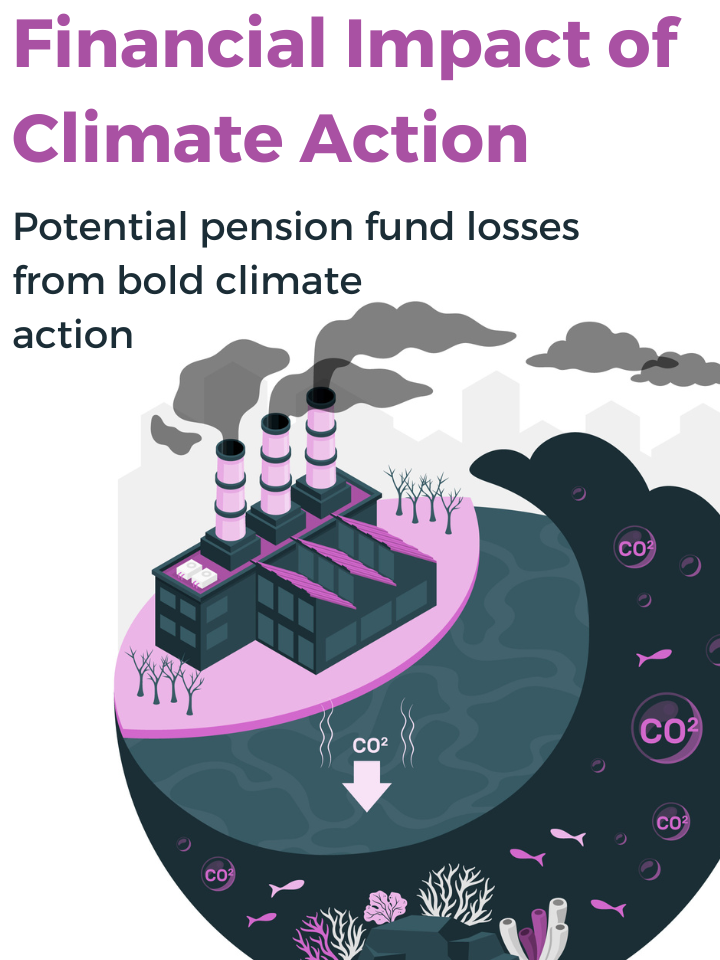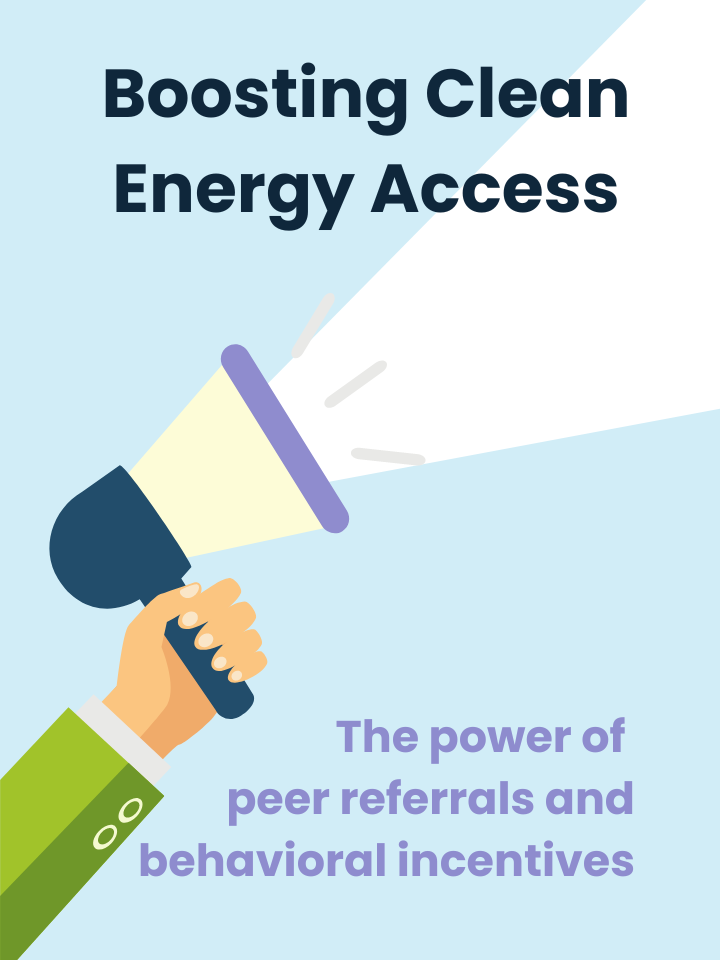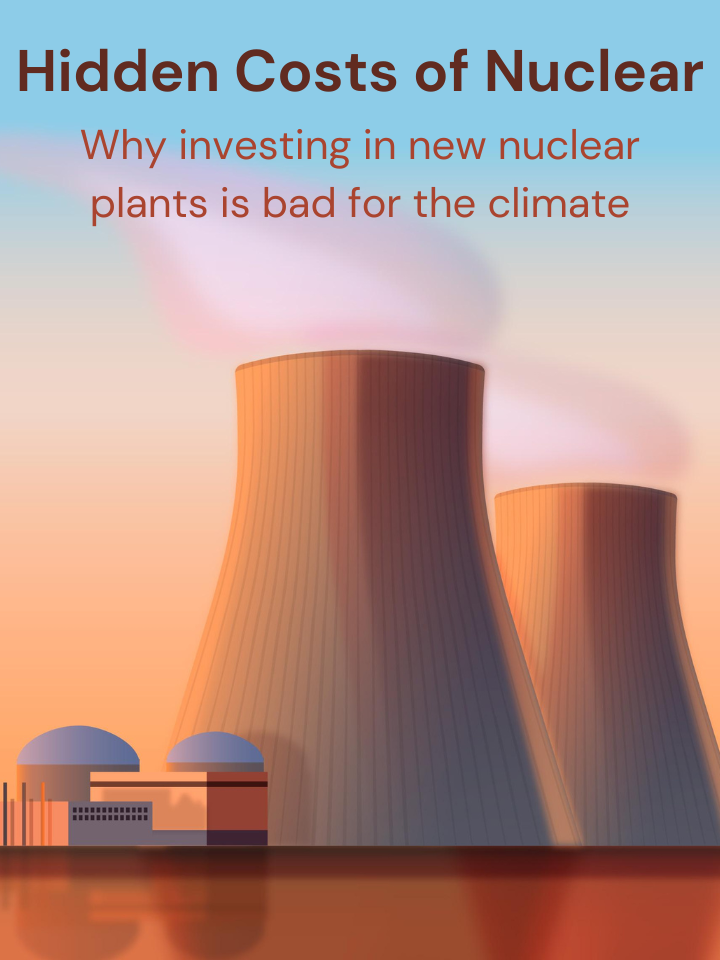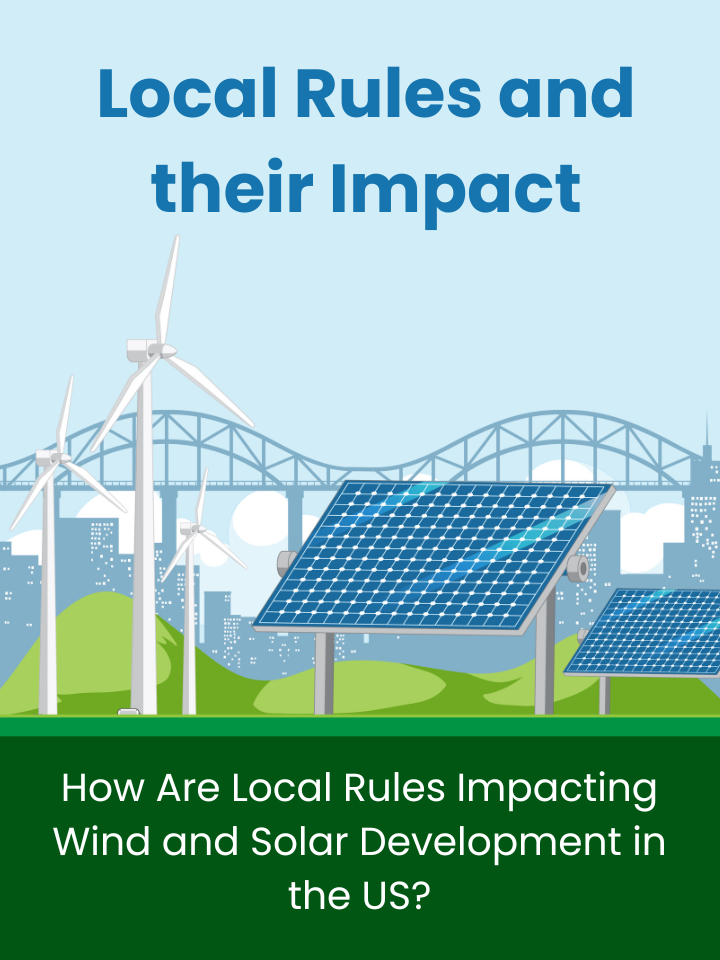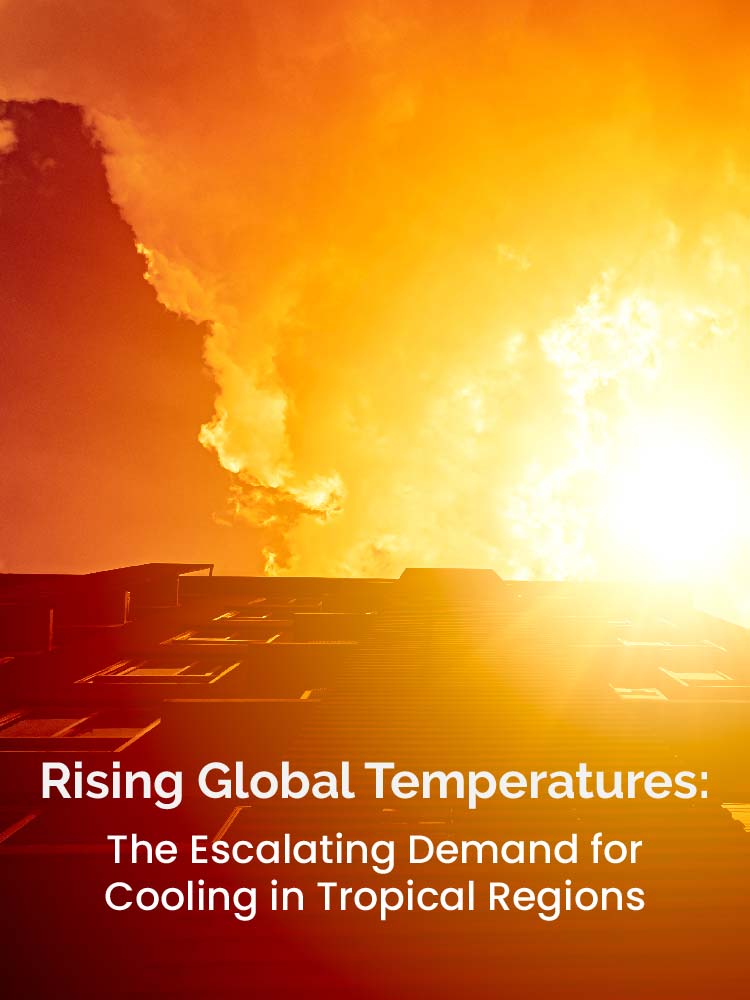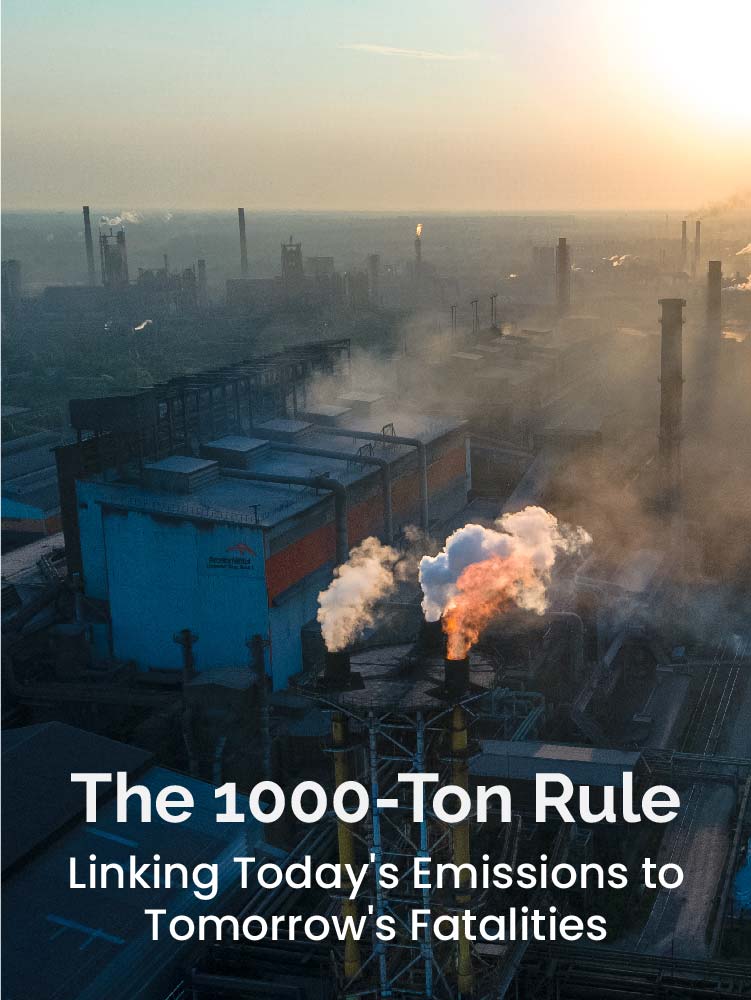Aug - Sept 2023 Renewable Energy Research
Potential pension fund losses from bold climate action.
The article begins by highlighting the necessity of shutting down fossil-fuel production sites before they’re fully utilized. This is crucial for ambitious climate policies. However, if investors don’t anticipate this, they might face losses on their investments, known as “stranded assets”. Governments in wealthy Western countries might be hesitant to implement strong climate policies due to the potential social repercussions of such asset stranding, especially as it could negatively impact oil and gas companies. There’s a particular concern about pension plans that have investments in these markets. If these plans are already underfunded, they could be at even more risk.
The power of peer referrals and behavioral incentives.
The study seems to be about understanding how certain behavioral strategies can help increase the reach of energy programs aimed at low-income households. One of the strategies they tested was the use of peer referrals. They gave some participants a $1 gift as a token of appreciation for being part of the GRID community. Along with the gift, these participants also received a referral slip and a stamped return envelope. After 11 days, a reminder postcard was sent to these participants, reminding them of the gift they received and thanking them for their referrals. The materials were provided in either English or Spanish based on the household’s language preference.
Why investing in new nuclear plants is bad for the climate.
There’s been a significant push, especially in the European Union (EU) and the United States (US), to promote increased investments in new nuclear power as a strategy to decarbonize economies. In Europe, new nuclear power plants are being planned in several countries, including France, Czechia, Hungary, Poland, Bulgaria, Slovenia, Sweden, and the United Kingdom. The focus of the article is primarily on the US and Europe, not on China, where the dynamics of nuclear energy profitability are different due to government-set electricity prices and subsidized capital costs.
How Are Local Rules Impacting Wind and Solar Development in the US?
When setting up wind turbines or solar panels, there are rules about how close they can be to roads, houses, or other properties. The paper discusses how these different rules (called “siting ordinances”) can affect where we can place wind turbines and solar panels.
The Escalating Demand for Cooling in Tropical Regions.
The paper talks about how the world is getting hotter, and because of this, we need to use our air conditioners more. This is measured using something called “cooling degree days” (CDD). The study found that as the global temperature rises from 1.5°C to 2.0°C, the need for cooling (like using ACs) will increase a lot, especially in tropical regions.
Linking Today's Emissions to Tomorrow's Fatalities
The paper discusses how burning fossil fuels, like coal, oil, and gas, releases greenhouse gases into the atmosphere. These gases trap heat and cause global warming. This warming affects our health, food, water, and even where we can live. The researchers wanted to understand how many people might die in the future because of the carbon we’re releasing now. They found out that for every 1,000 tons of carbon dioxide we emit, one person will die in the future.
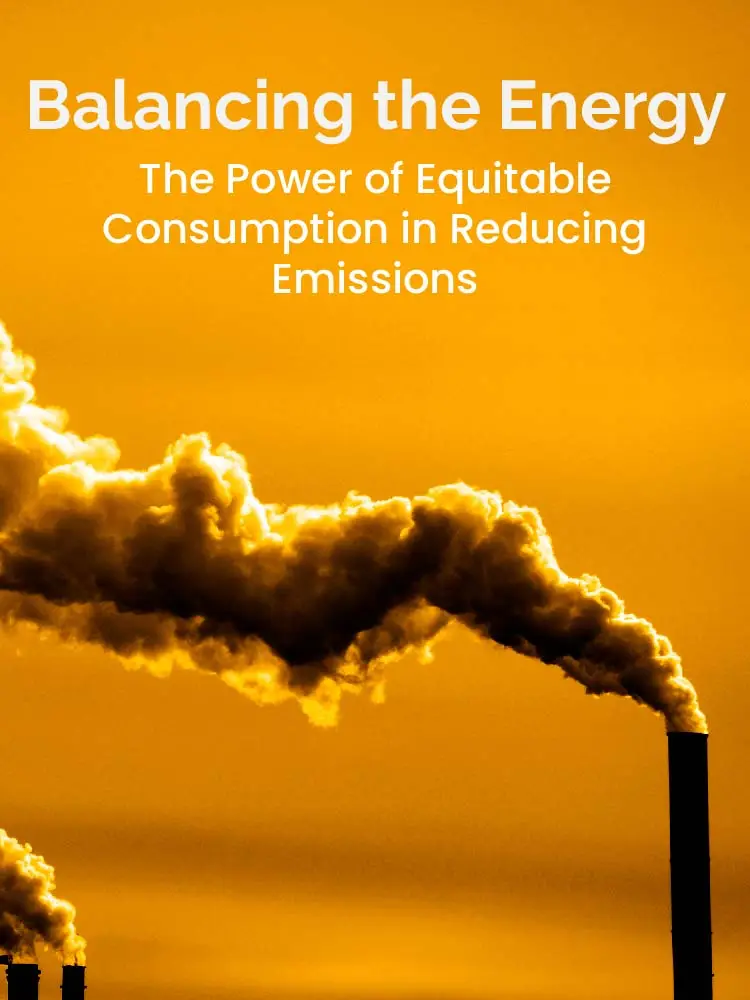
Balancing the Energy Scale
The Power of Equitable Consumption in Reducing Emissions.
The paper discusses how energy consumption varies among different groups of people in Europe. Some people use a lot of energy, while others use very little. If the top 10% of energy users reduced their consumption to the level of the average European, it could lead to a significant reduction in carbon emissions. This would be equivalent to taking 114 million cars off the road! The paper also talks about how this can be achieved without affecting people’s quality of life.
